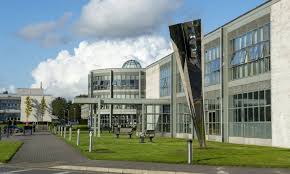This course provides students with a holistic education, covering technical, creative, and theoretical aspects of digital audio work. Students develop strong technical skills, exploring areas like audio signal processing, synthesis, sound design, and music information retrieval, while also gaining proficiency in programming languages like C++, Python, and JavaScript.
The curriculum focuses on Digital Signal Processing (DSP), where students build a solid foundation and apply DSP principles to create various audio effects. Integration of audio in multimedia frameworks, including video and interactive media, prepares students for diverse applications. The course encompasses music technology, encouraging the creation of virtual instruments, music software, and electronic music. Acoustic principles are integrated, allowing students to optimize recording environments and address acoustic challenges. Real-time systems, human-computer interaction principles, and ethical considerations in audio production are emphasized.
Research and innovation are integral, fostering exploration and contribution to advancements in audio computing. Aligned with industry trends, this course ensures graduates are well-prepared for careers in audio engineering, sound design, and software development. Practical experiences and hands-on projects cultivate creativity and problem-solving skills, enabling graduates to enter the dynamic audio technology industry with a comprehensive knowledge base and technical proficiency.


